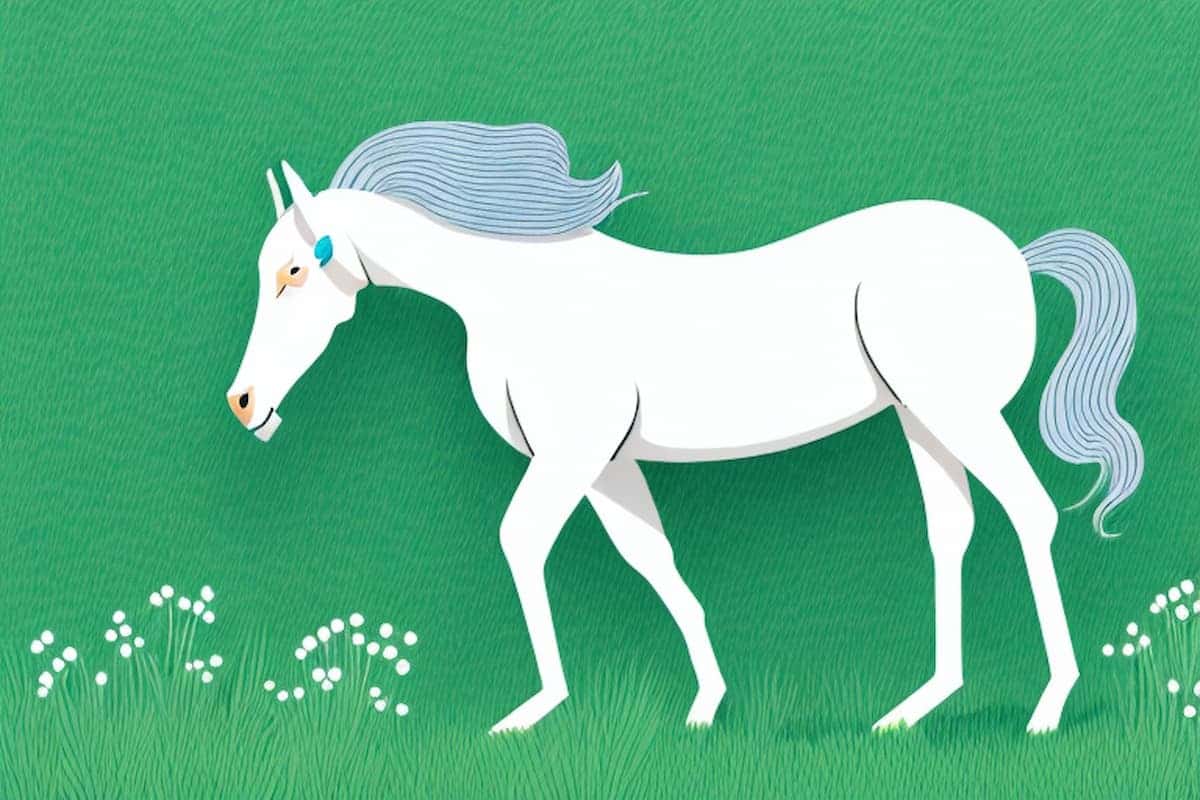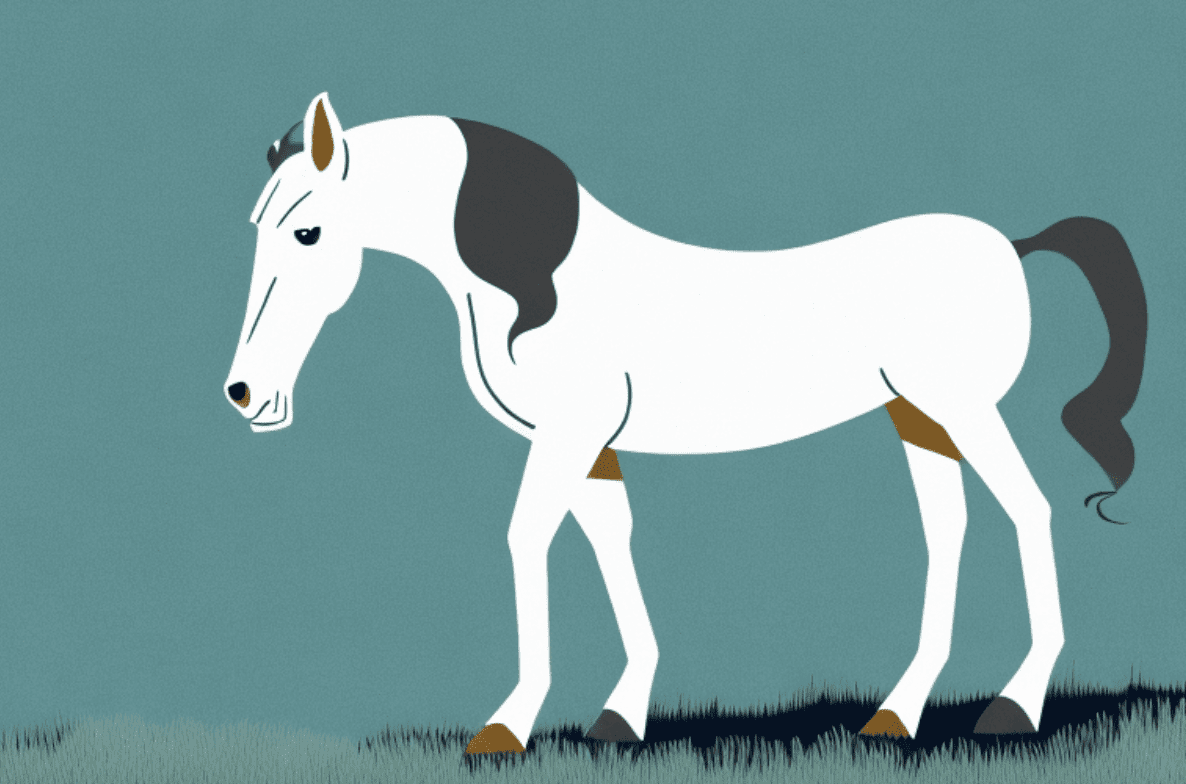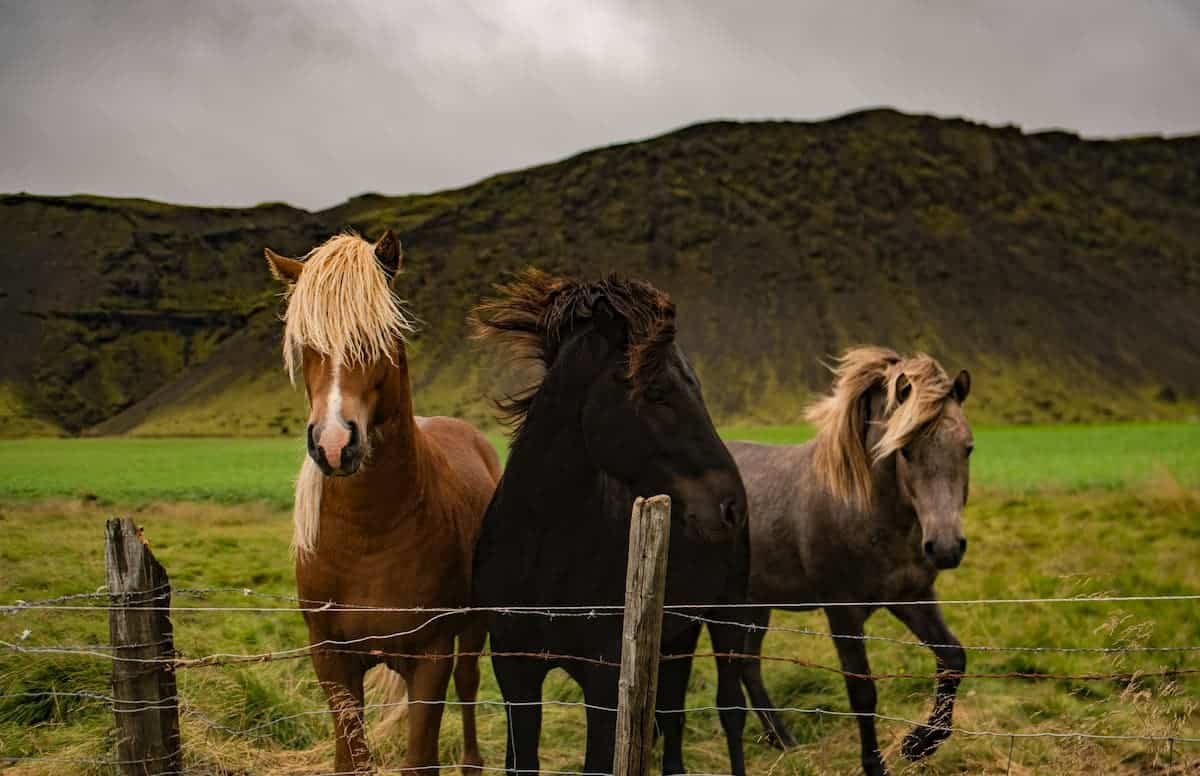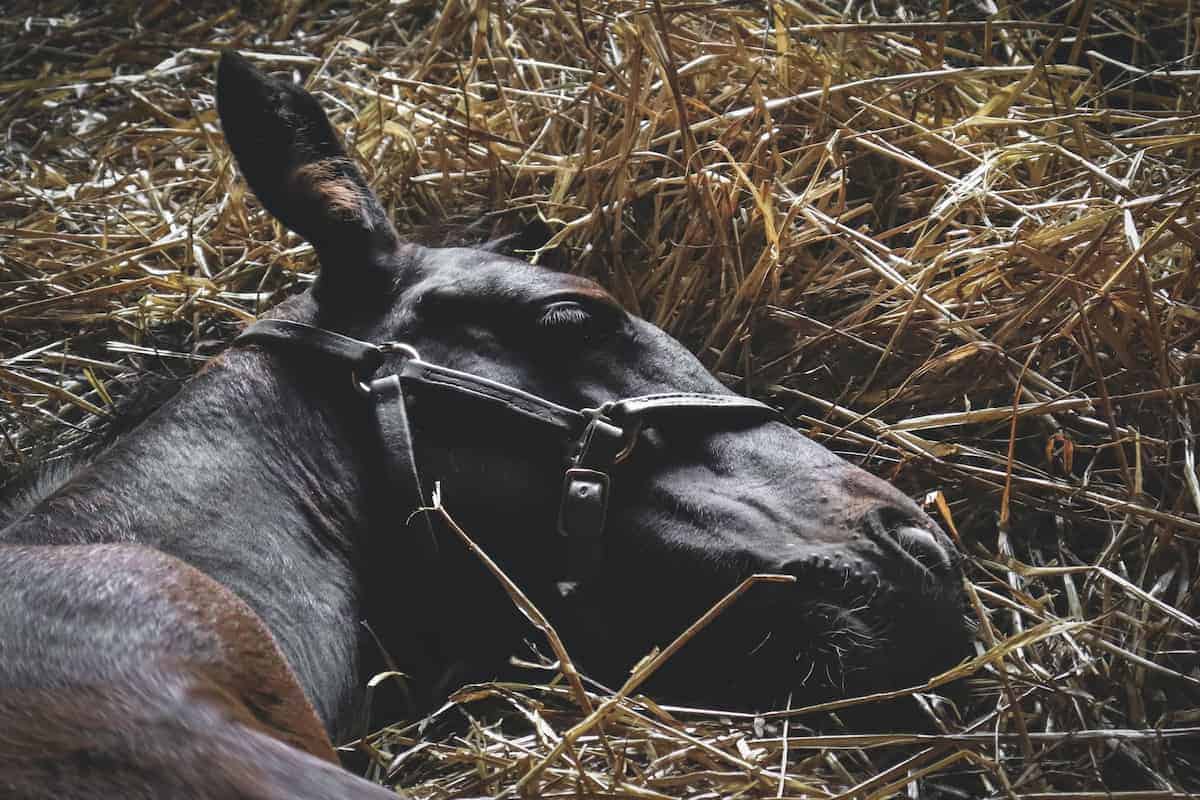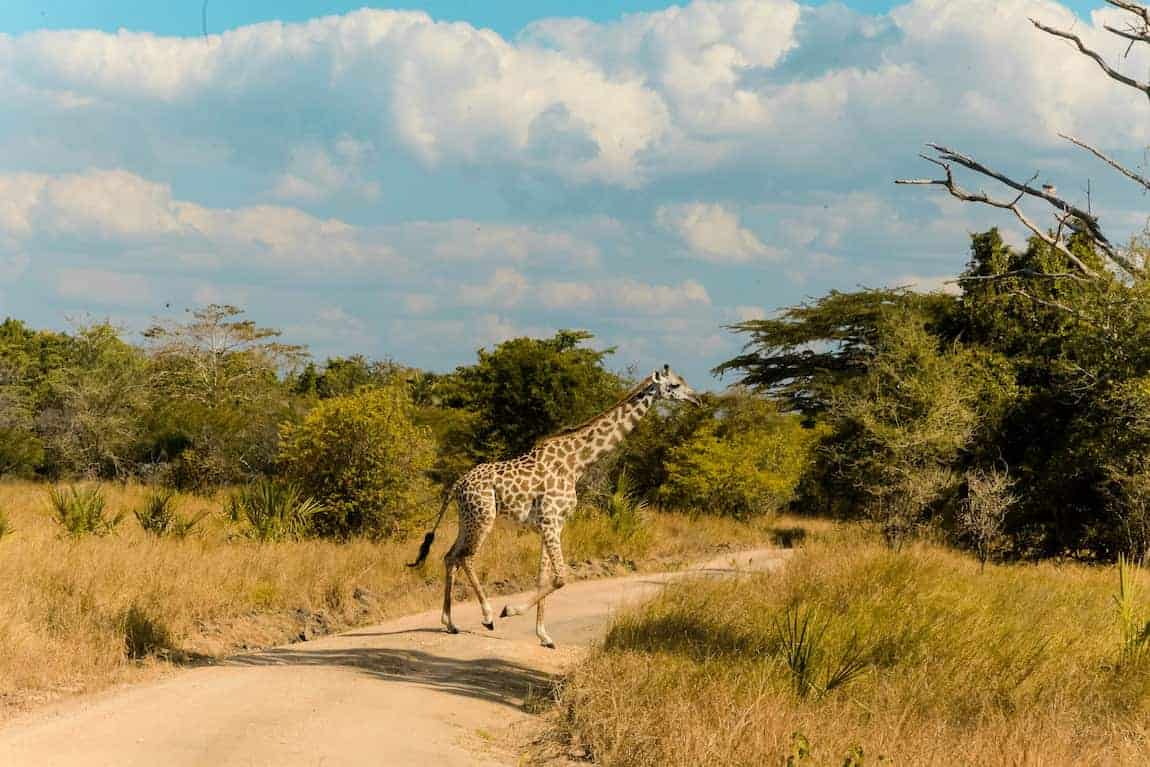Horses are fascinating animals and their sleep needs are just as intriguing. Working out precisely how much they need to catch up on their Z’s isn’t always easy, and there are many factors that come into play. In this article, we’ll cover the basics of a horse’s sleep cycle, how it is affected, and benefits for ensuring a horse gets plenty of sleep. We will also discuss how to ensure your horse does get enough sleep, common mistakes people make, health risks associated with sleep deprivation, and a few helpful tips.
The Sleep Cycle of Horses
The amount of sleep horses need depends on the stage of life they are in: foals need the most sleep; adults horses less; and advanced horses spend much time resting rather than sleeping. Horses are polyphasic sleepers, meaning that unlike humans who have one solid block of sleep in a 24-hour period, horses sleep in short bursts throughout the day and night.
Horses usually go into their first period of deep sleep — called NREM (non-rapid eye movement) sleep — within 30 minutes of lying down. This period typically lasts 15 to 20 minutes and is often followed by a period of shallow or light sleep (REM sleep) during which the horse can still be aroused by external stimuli. Horses tend to nap during the day and go into deep sleep during the night for up to four hours.
Horses also have a unique sleep pattern known as the “stay-awake” sleep. This is when the horse is in a light sleep but can still be easily aroused. This type of sleep is thought to be a way for horses to remain alert and aware of their surroundings while still getting some rest.
What Affects the Amount of Sleep a Horse Needs?
Age has a significant impact on a horse’s sleeping pattern. Foals spend up to 20 hours a day sleeping, while adult horses may only require 6 to 8 hours of sleep a day. Horses that are injured, pregnant, or in poor health will also require more rest time and may take naps throughout the day as well.
Another factor that can affect the amount of sleep a horse needs is the environment it lives in. A horse kept in an area with disturbances like noise and bright lights may have trouble falling asleep and may not get enough rest.
In addition, the amount of exercise a horse gets can also affect its sleeping pattern. Horses that are regularly exercised will need more sleep than those that are not. This is because exercise can be physically and mentally taxing, and horses need time to rest and recover.
Signs of Sleep Deprivation in Horses
A horse that is not getting enough sleep may show signs such as irritability, stress and tension, elevated heart rate, difficulty in concentrating, and reduced appetite. Weight loss and an inability to perform certain tasks may also be indicators that your horse is not getting enough rest.
Other signs of sleep deprivation in horses include increased sensitivity to noise and light, difficulty in standing up, and a decrease in energy levels. If your horse is exhibiting any of these signs, it is important to take steps to ensure that they are getting enough rest. This may include providing a comfortable and quiet sleeping area, limiting their exposure to noise and light, and ensuring that they have access to plenty of fresh water and nutritious food.
Benefits of Adequate Sleep for Horses
Adequate rest is essential for horses and can help them maintain optimal health and performance. Getting enough sleep improves memory and concentration, helps maintain a normal heart rate, increases energy levels, and reduces stress. Allowing your horse to get the rest it needs can also improve its appetite and digestive health.
How to Make Sure Your Horse Gets Enough Sleep
There are a few simple steps you can take to make sure your horse gets adequate rest. Firstly, consider their living environment. Make sure it is a quiet area, away from street lights and noise, and with plenty of ventilation. Feeding smaller meals more regularly can also help to reduce the stress of digestion and allow your horse to rest more comfortably.
Provide your horse with plenty of exercise and activities. Physical activity helps to tire your horse out so it needs less sleep. If possible, avoid giving your horse high-sugar or high-fat treats and feeds late in the evening as these can disrupt sleep patterns.
Common Mistakes in Ensuring Horse Sleep
Leaving hay out for your horse all day is one of the common mistakes you should avoid in order to ensure your horse gets adequate rest. Having hay available all day can increase the risk of digestive issues and cause disruptions to normal eating patterns. It is best to provide hay at specific intervals during the day.
Another mistake people make is to feed treats late at night. Treats that are loaded with sugar will keep your horse awake when it should be resting. Make sure you give your horse treats at least one hour before its bedtime so that it has time to digest them before it goes to sleep.
Health Risks Associated With Lack of Sleep
Chronic sleep deprivation in horses can lead to a variety of health issues including colic, limb abnormalities due to poor musculoskeletal growth, poor performance at competitions, and an increase in stress hormones. In extreme cases, it can also cause illnesses such as gastritis and ulcers.
Tips for Ensuring Your Horse Gets the Right Amount of Sleep
- Ensure a quiet area away from noise and bright lights.
- Feed smaller meals more regularly.
- Provide regular exercise.
- Avoid giving high-sugar or high-fat treats late at night.
- Make sure hay is not left out all day.
- Give treats at least one hour before bedtime.
In summary, horses need a moderate amount of sleep each day. Foals need up to 20 hours while adult horses require between 6 to 8 hours depending on their age, health, and environment. Signs of sleep deprivation include irritability, stress and tension, elevated heart rate, difficulty in concentrating, reduced appetite, and weight loss. Adequate sleep provides numerous benefits for horses such as improved memory and concentration, increased energy levels, reduced stress levels , and improved digestion. To ensure your horse gets enough sleep, consider its living environment, feed smaller meals more regularly, provide exercise, avoid giving late-night treats, and make sure hay is not left out all day.
